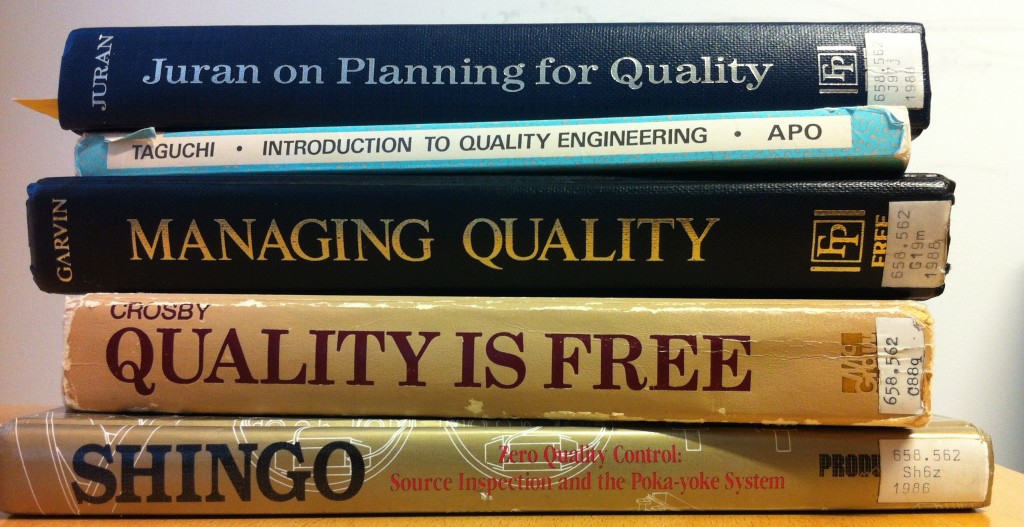Terrific news! It is a great honor to receive the prestigious Shingo Research Award for the Routledge Companion to Lean Management, co-edited with Dr. Daryl Powell and published with Routledge earlier this year.
Category Archives: Book reviews
The 3 Ls of lean management
The Routledge Companion to Lean Management has hit the book shelves. Here is a summary of its main conclusions. The key message? Any lean transformation—regardless of the sector and application area—is dependent on the three essential Ls of lean: Leadership for Long-term Learning.
Poor performance? The problem is you! (A review of Lead with respect)
“The problem is you”, is the honest response of a senior manager when a supplier’s CEO asks more time to solve a quality issue. He continues: “I don’t mean you as in the company. I mean you personally. You’re the senior manager here”…. This is the intriguing start of a business novel on lean leadership. Here is my brief review of Lead with Respect: a Novel of Lean Practice by Michael Ballé and Freddy Ballé.
The rope team: Theory of Constraints
Climbing the highest mountain in Northern Europe, a few thoughts on the Theory of Constraints came to my mind. To get to Galdhøpiggen, 2469 meters above sea level, the most common route takes you over a glacier where rope teams are used for safety reasons. In his must-read book “the Goal”, Eli Goldratt (1984) uses rope teams to illustrate an efficient production system.
This is lean!
A book review of This is lean!
‘If lean is everything that is good, and everything good is lean, what is then the alternative?’ Niklas Modig and Pär Åhlström ask this timely question in their book This is lean. The authors go on to suggest what lean is, and what it is not. But, at Amazon.com there are more than 7000 books on lean, why should you read this one?
Company-wide Quality Management: XPS of the 80s
When it comes to quality management, there are surprising similarities between what was suggested in the 80s and what we barely have seen the start of in industry today. In this post, I discuss how Juran’s CWQM-concept from the mid-1980s is both valid and useful for companies rolling out global production improvement programs today.
Kudos to the quality gurus
What do the quality gurus of the 80s think when they read the modern literature on lean & co? Have we moved beyond their original ideas? Or do we just say the same things using fancy, new words? While preparing a paper for the TQM Journal, I recently re-discovered the wisdom of the 80s. And what a wisdom! This is far too important knowledge to discard as blasts from the past; the ideas of Juran, Taguchi, Garvin, Crosby, Shingo, Deming, Feigenbaum and Ishikawa remain fundamental for competitiveness. In this post, I briefly explain the key contributions of each of the top-eight quality gurus. Kudos to the gurus!

Starbucks: Shoot for the stars, earn a lot of bucks
Starbucks Coffee Company: A success story unprecedented. Out of Seattle, WA, grew the largest coffee shop chain the world has ever seen. Today it has more than 12.500 coffee shops in the US. The international expansion started with a shop in Tokyo in 1996. In 2012 it has more than 17,000 stores in 55 countries. That’s 5000 more shops than Burger King and half of McDonald’s number; this is even more impressive knowing that most Starbucks shops are owned by it and not franchised (!). In these days, Norway gets its first Starbucks shop as it opens at Gardermoen Oslo Airport [1] (though, Starbucks coffee could have been bought in Norwegian retail markets since February 2011). These people sell coffee. Coffee! What kind of operational principles can turn such an every-day product into a billion dollar company?
